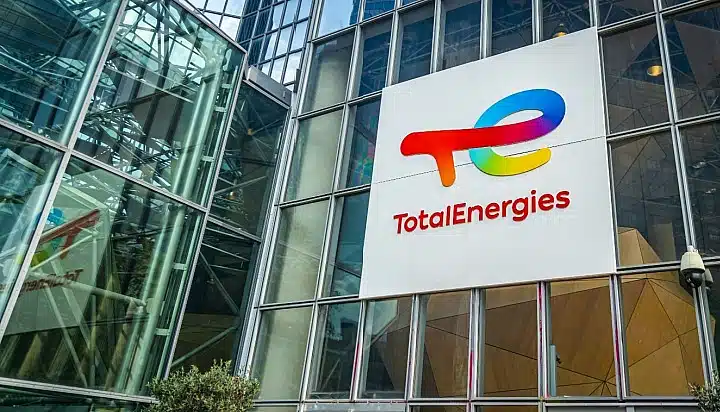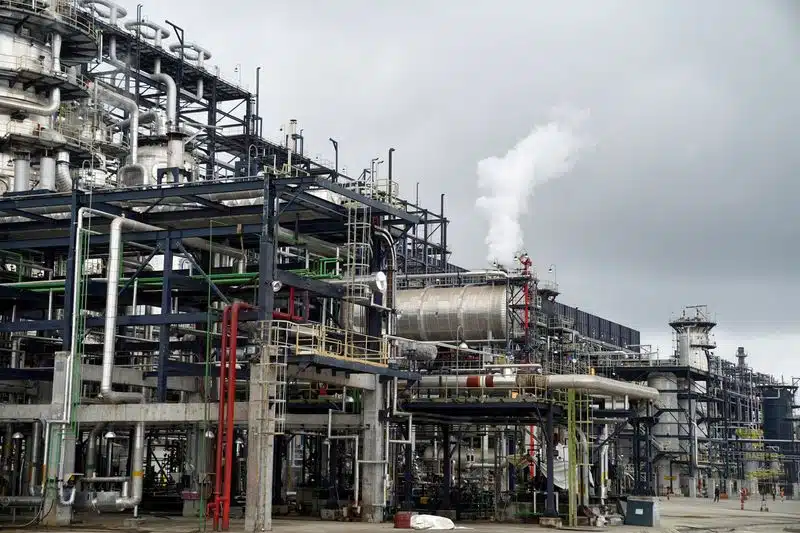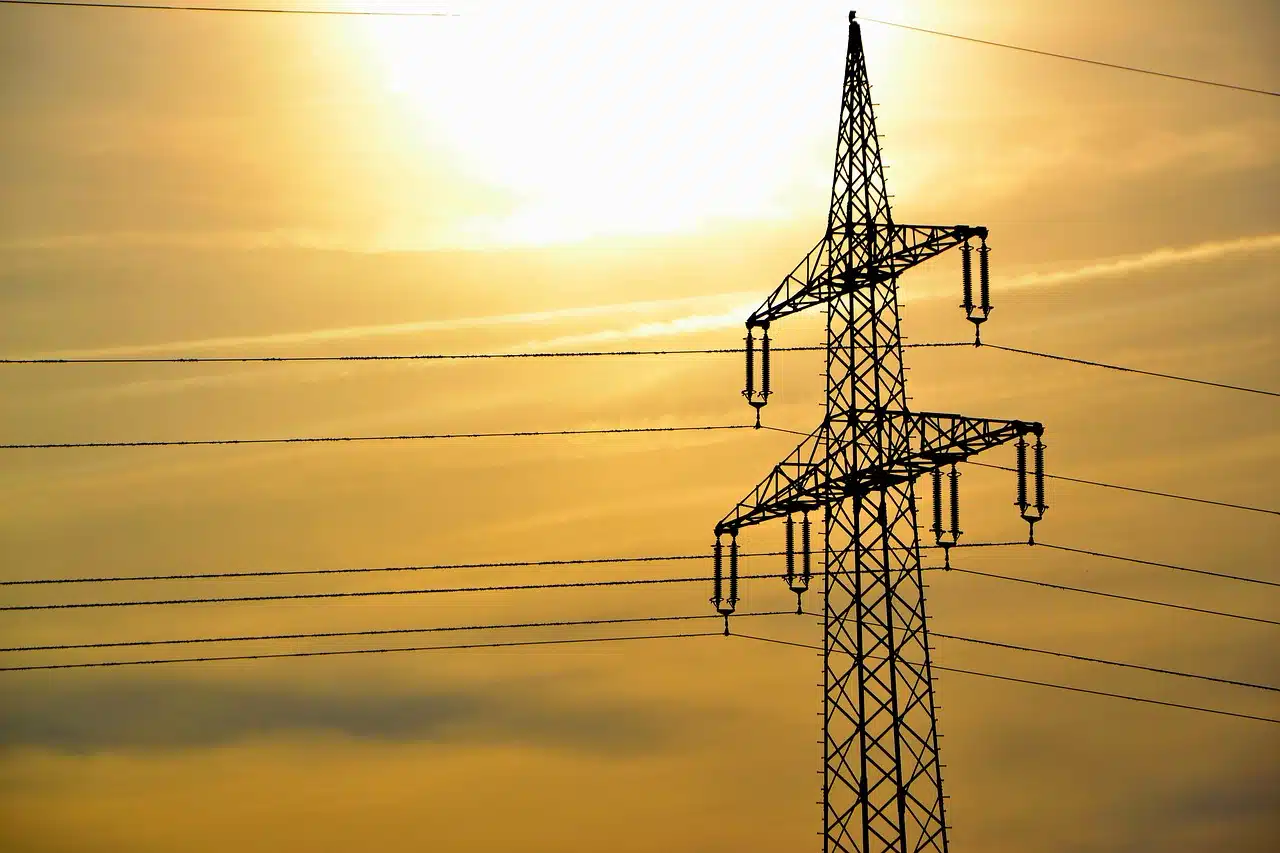Nigeria reduced its petroleum import bill by 23.2% in 2024, according to data from the Central Bank of Nigeria (CBN), saving the country billions in foreign exchange and contributing to a $6.83 billion Balance of Payments surplus for the year.
This marks a major shift from the previous two years, where the country recorded BOP deficits of $3.34 billion in 2023 and $3.32 billion in 2022. T
he CBN noted that the decline in fuel imports played a key role in boosting the country’s external position.
Petroleum imports dropped from $18.32 billion in 2023 to $14.06 billion in 2024, reflecting a deliberate effort to reduce Nigeria’s dependence on imported refined products.
The drop is linked to lower global crude prices, ongoing reforms in the downstream sector, and gradual improvements in local refining capacity.
In addition to petroleum imports, non oil imports also declined by 12.6%, amounting to $25.74 billion.
These declines helped improve Nigeria’s goods trade balance, which stood at a surplus of $13.17 billion in 2024.
“This positive trade movement is helping Nigeria strengthen its external accounts and conserve foreign exchange,” a senior CBN official said in a statement. “Efforts to revive local refining and reduce fuel importation are beginning to yield results.”
In addition, gas exports surged by 48.3% to $8.66 billion, while non-oil exports increased by 24.6% to $7.46 billion.
The improvement in export earnings further supported the country’s trade balance and overall BOP performance.
Reserves grow as investor confidence rises
Moreover, the country’s external reserves rose by $6 billion to $40.19 billion by the end of 2024, supported by higher portfolio inflows and improved remittance performance.
Portfolio investments more than doubled to $13.35 billion, while personal remittances grew by 8.9% to $20.93 billion.
Despite a drop in foreign direct investment, which fell by 42.3% to $1.08 billion, the overall financial account showed a net asset acquisition of $12.12 billion.
“Foreign investors are gradually regaining confidence in Nigeria’s economy,” a financial analyst based in Lagos said. “But local investment in refining capacity is what could finally change the game.”
Net errors and omissions used to track unrecorded transactions fell by 79.5% to minus $5.10 billion, indicating better data reporting and transparency.
Reforms behind the shift
Analysts say the shift in petroleum import volumes aligns with reforms initiated by the government, including efforts to rehabilitate local refineries and remove subsidies that distorted domestic pricing.
With the Dangote refinery expected to ramp up operations, experts believe Nigeria could further cut its reliance on imported fuel in the coming years.
“Reducing petroleum imports is not just about saving foreign exchange; it’s also about strengthening our energy independence,” said a policy advisor familiar with the government’s energy roadmap.









